Join MSERT!
See all the application details for our 2024-2025 application cycle in our Application Guide
Fill out the Stage 1 Application Form –> HERE
Application dates for the 2024-2025 year are listed below!
NEW: Click HERE to see our Stage1 STUDY TIPS and OFFICE HOURS
Thursday, September 5th, 2024 (5 – 7 pm)
Friday, September 13th, 2024 (5 – 7 pm)
Location: GIC Lobby, 5th Floor, Burnside Hall (805 Sherbrooke St W)
Closes: Tuesday, September 17th, 2024 (11:59 PM Montreal time)
Date: Saturday September 28rd, 2024 – Sunday September 29th, 2024
Location: TBD
*This stage of recruitment will be for those who are selected for Stage 2*
Eligibility
To be eligible to apply for the team, the applicant:
Must be a student at McGill University NOT entering their final year of study
Highly recommended but not mandatory to have completed the below certification
A valid Canadian Red Cross Standard First Aid & CPR/AED Level C certification or a certification that is deemed to be more advanced than Canadian Red Cross CPR/AED Level C.
OR
A valid equivalent* or more advanced certification from one of the following four first aid providers:
Canadian Ski Patrol
Lifesaving Society
St. John Ambulance
Heart and Stroke
*In order for a certification to be equivalent to the Canadian Red Cross Standard First Aid & CPR/AED Level C, the course must have been a minimum of 16 hours in duration, taught by one of the other four national first aid providers (Canadian Ski Patrol, Lifesaving Society, St. John Ambulance, or Heart and Stroke), and covering topics listed on the Canadian Red Cross website
How to handle and respond to emergencies
Learn how to identify a blocked airway, and respond to breathing/circulation complication with CPR
How to safely place someone in the recovery position
Choking in adults, children, and babies
Helping patients administer certain medications
How to recognize the signs of and respond to angina and heart attack
How to recognize the signs of and respond to cases of stroke
How to perform CPR and use an AED on adults, children, and babies
How to respond to wounds and take care of deadly bleeding
How to identify a head injury and stabilize the spine
How to take care of musculoskeletal injuries
FAQ
Our office is located at 3480 Rue McTavish, Room 428.
Great question! Typically if the course covers all the following content as well as have been from one of the other 4 national first aid providers (Canadian Ski Patrol, Lifesaving Society, St. John Ambulance, Heart and Stroke) then it is equivalent. Feel free to email us if in doubt!
Responding to Emergencies
Check, Call, Care
Recovery Position
Choking – adult, child, and baby
Assisting with Medications
Angina and Heart Attack
Stroke
CPR and AED – adult, child and baby
Deadly Bleeding
No unfortunately, everyone needs to be certified in SFA & CPR-C if they wish to join the team. Please contact us if you are having trouble getting certified.
In other years, we have asked applicants to have first aid certification before applying to MSERT, and we have asked applicants to review that content before applying. However, since it is not the case this year, we only recommend that you attend the information sessions and that you ask us any questions you might have!
There are lots of different qualities that make an excellent responder. If you have a passion for first aid and feel that you would enjoy being a part of our team, we encourage you to apply!
While the number of applicants changes, we usually select around 50 applicants to move onto Stage 2 and we will look for 16 applicants to join MSERT this year.
You are not required or expected to have prior experience to join MSERT. We provide a First Responder course for new responders and will teach members any skills they need to know!
Yes! Students from all faculties are welcome to apply. MSERT responders come from a variety of faculties including Arts, Engineering, and Management.
Unfortunately, we only hold one recruit new team members in the Fall semester.
No, MSERT members are not paid as it is a volunteer service. Despite this, many of our members find that being part of the team community and responding is a
rewarding experience.
With the rapidly evolving public health guidelines and regulations, we are changing the way residence shifts operate to better protect our responders and the community. However, you are not expected to be awake all night! Responders are allowed to sleep, study, relax, etc. while they are on residence shifts, provided that they are able to respond quickly should they be called to an emergency. We also have separate rooms for responders to sleep in to keep everyone as safe as possible.
Members always respond in pairs during overnight residence shifts and special shifts
For any questions about the application process and the stages involved, contact us at msert.firstaid@gmail.com.
